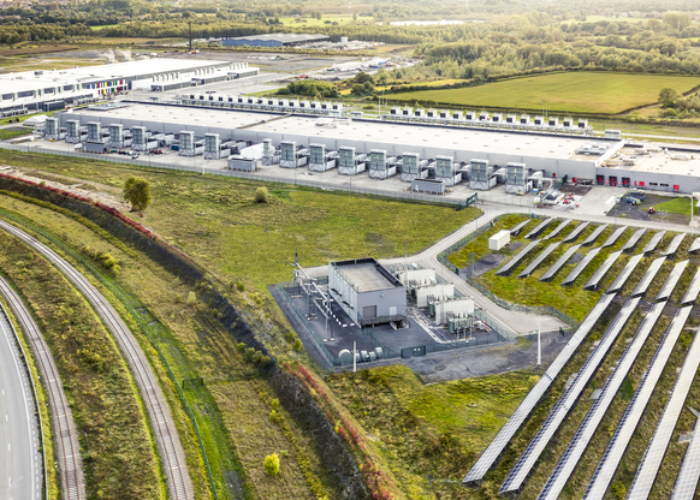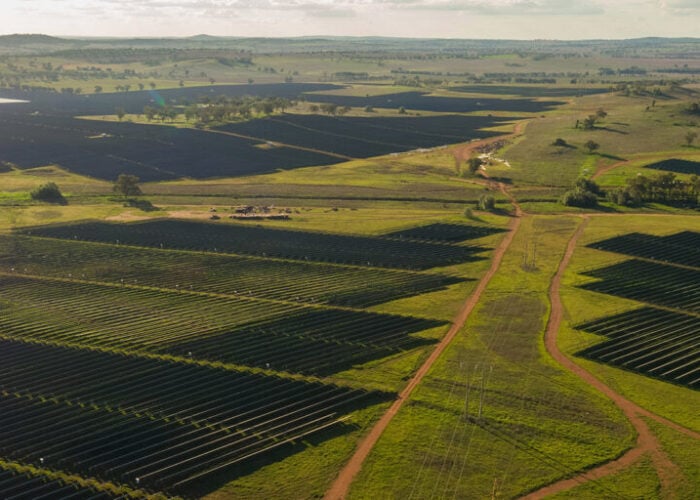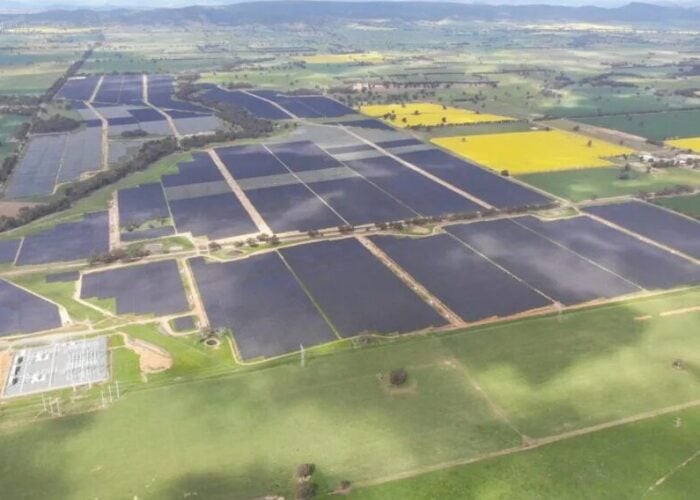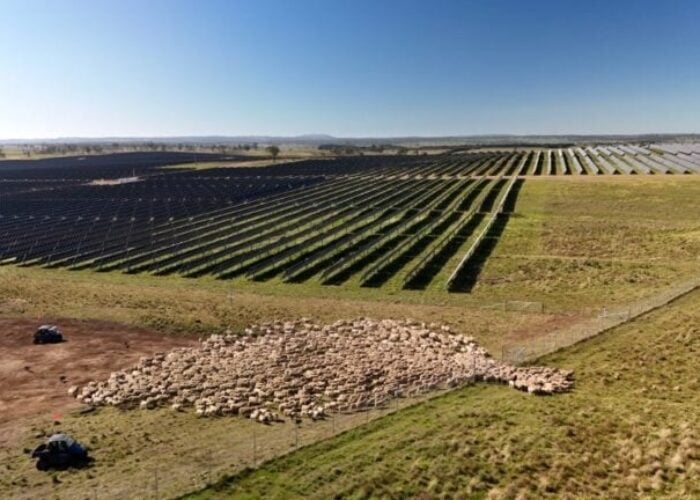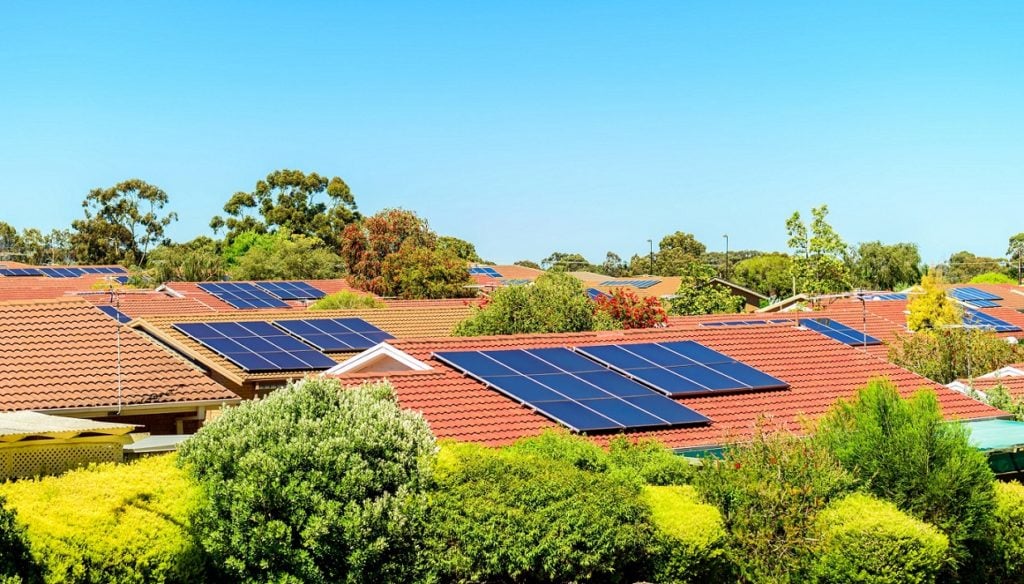
The Australian state of Victoria is promoting the uptake of rooftop solar as part of a new strategy aimed at reducing gas use and lowering household energy bills.
Designed to empower Victorian households and businesses to embrace sustainable alternatives to fossil gas, the gas substitution roadmap outlines how the state will use energy efficiency, electrification, hydrogen and biomethane to drive down bills and cut carbon emissions.
Try Premium for just $1
- Full premium access for the first month at only $1
- Converts to an annual rate after 30 days unless cancelled
- Cancel anytime during the trial period
Premium Benefits
- Expert industry analysis and interviews
- Digital access to PV Tech Power journal
- Exclusive event discounts
Or get the full Premium subscription right away
Or continue reading this article for free
“Clean energy produced by household solar panels combined with modern, energy-efficient electrical appliances is now the most cost-effective way to warm Victorian homes in winter, cool them in summer and power our households throughout the year,” the state’s energy minister Lily D’Ambrosio wrote in the roadmap.
The strategy said decarbonising the gas sector requires immediate investment in the existing technologies that are available now – energy efficiency and renewable electricity – and in the new technologies that can play an increasingly larger role in the future, such as hydrogen and biomethane.
As part of an expanded energy upgrades programme, there will be new incentives to support people to maximise self-consumption of rooftop solar systems and replace gas appliances with electric alternatives.
According to the state government, an all-electric new home with solar panels can have electricity bills as low as AU$850 a year (US$583), which can drop even further if a battery is installed. This is significantly lower than the average annual energy bill of AU$2,660 for a new home with gas and electricity.
“Gas is no longer the cheap fuel it once was – we know renewables are the cheapest form of energy and we’re making it easier for Victorian households and businesses to go all electric with more choice and more support,” D’Ambrosio said in a statement.
Victoria is aiming to halve emissions by 2030 before transitioning to a net zero economy by 2050. The state’s gas sector currently contributes around 17% of its net greenhouse gas emissions.
The state’s Solar Homes programme has to date helped more than 200,000 Victorians install solar systems.


